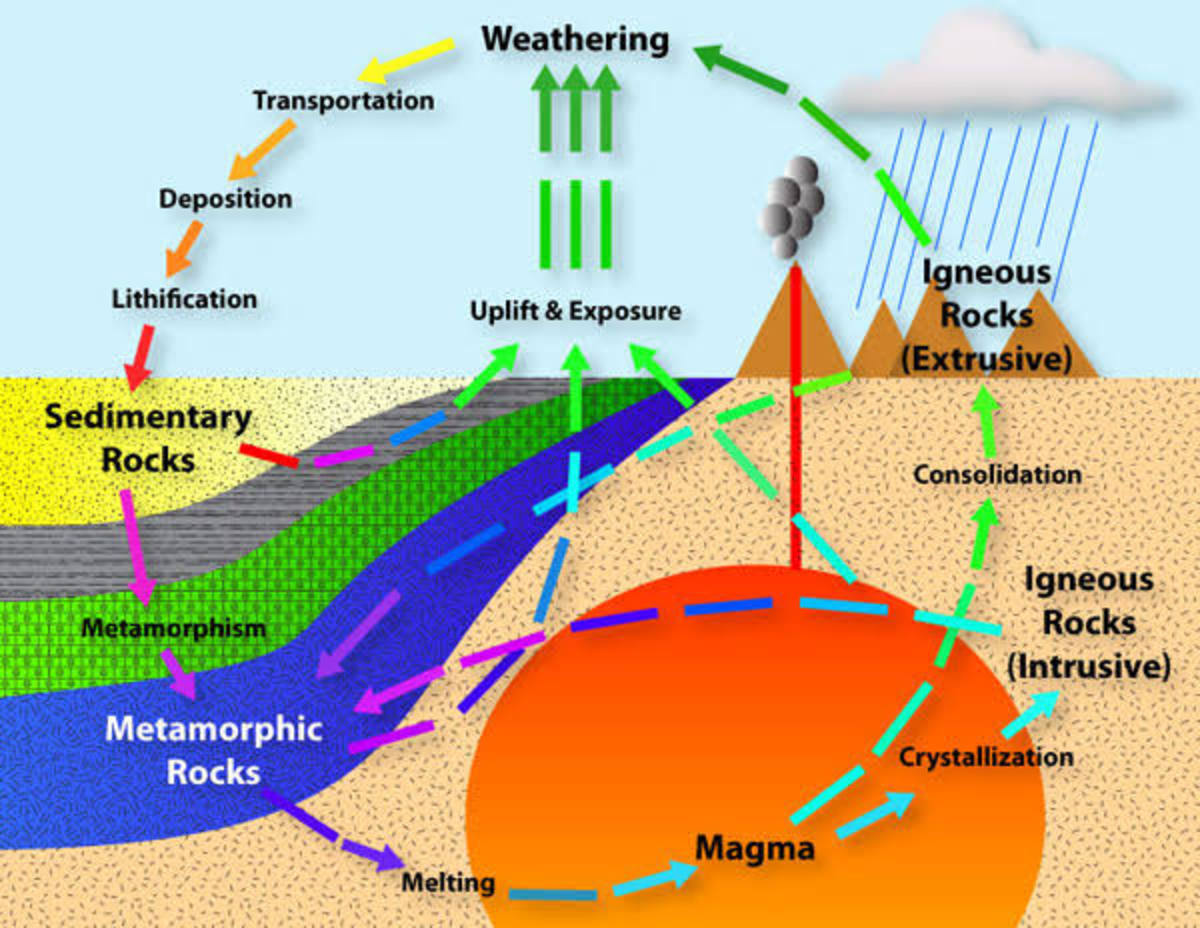Parental Involvement Increases Academic Achievement
Benefits of Parental Involvement Video
What Is Your Preference For Helping A Child?
Involving parents in the learning process is important to student achievement. Children greatly benefit, when parents are involved in helping children increase academic skills. Parents want to help their child to achieve and can be the most effective educators for providing help. Hence, teachers should involve parents in the learning process by providing educational resources, which will help empower parents to become stronger literacy advocates. According to the Department of Education, school districts can provide “leadership, technical assistance, and support in the implementation of successful and effective parent involvement polices, programs, and activities intended to improve student academic achievement.” (U.S Department of Education, 2007, p. 19)
“To be literate also means reading, writing, speaking, and listening within the context of one’ cultural and social setting.” (Morrison, 2004, p. 321) Parents can be the foremost advocate for a child because they can better understand their immediate needs and circumstances. Children have unlimited access to parents and opportunities to learn. Parents can help students develop a love of reading through modeling or reading to their child. Parents have opportunities to encourage reading on the road, eating at restaurants, and vacation time. Parents can help learners understand the importance of literacy skills primarily by taking advantage of teaching moments.
“Most children begin processes involved in reading and writing long before they come to school.” (Morrison, 2004, p. 325). Parents can implement several strategies to stimulate a love of reading. One effective strategy is that parents can create a home library, which provides a variety of literature. A home library provides easy access to students when attending a neighborhood library is challenging. Parents should include literature that interests boys and girls. The writer was introduced to the Nancy Drew and Hardy Boys reading series at school. Therefore, a love of reading was developed at a young age for stories about mysteries.
Another strategy for stimulating a love of reading is incentives. Actually, the home library can promote a variety of incentives. Students can be challenged by setting reading goals. The writer challenged students to read 10 books within a school year. The Pizza Hut Read It! program gave students a free pizza and tickets to Great America. Parents can extend the literacy programs at home as incentives. Parents can retrieve home materials by visiting a Pizza Hut location. Additionally, the writer purchased certificates from popular neighborhood restaurants for students that met reading goals. In the writer’s opinion, a home library and incentives promoted reading skills and encouraged learners to read a variety of genres.
The last benefit of parental involvement in increasing a child’s literacy skills is students can develop higher order thinking skills. Parental influence can affect a child’s reasoning ability on morals, social issues, and educational content. Depending on the gender of the parent and level of influence, children can adopt certain attitudes regarding race, gender, and cultures. Therefore, parental influence can be positive by asking questions, which helps a learner develop critical thinking skills such as, why do you think this happened? Critical thinking skills are crucial, because learners can grow intellectually. For example, lessons on equality may help learners to develop high ethical and moral behavior. Learners can use critical thinking to use appropriate reasoning when making decisions or making judgments.
Children can gain academic confidence, when classroom assignments involve parents or the family. The writer finds it beneficial to provide classroom assignments that allow children to gather information on a family tree or historical interviews. Students are excited to retell positive and enriching experiences, which involves the family. The bond of a parent and child is stronger sometimes than the influence from an educator. Parents can influence how a child views learning and parents can positively influence a child’s attitude on reading. In addition, the close bond allows parents to share cultural views, exposures to social traditions, and language. Thus, parents can reinforce what a child learns at school. It is important for teachers and parents to work together.
In some cases, parents are limited in the amount of time and resources to help their child. Personal experiences as an educator, single parents and in a few cases, both parents work several jobs. Teachers can involve all parents regardless of circumstances by sharing student achievement through a positive phone call or letter. In addition, parents enjoy purchasing incentives for students and volunteering after school. Thus, parents are informed about their child’s accomplishments and can extend encouragement at home.
In conclusion, there are many benefits to parental involvement and literacy achievement. Children begin learning before entering school. Parents and guardians play a large role in what a child learns. Parents can help students develop a love of reading by setting up a home library. Spending time reading and setting incentives will help stimulate learner achievement. Parental bonds strengthen, when children spend quality time reading, writing, and learning phonemic rules. In addition, a child’s academic successes can increase self-esteem and confidence through parental encouragement. Lastly, parents can help students develop higher order thinking skills. After reading a story, spending time on an activity, parents can ask evaluative, or judgment questions. In a family environment, children enjoy giving a personal opinion. Educators should work closely with parents to provide literacy resource to help all children achieve.
References:
Morrison, G. (2004). Kindergarten Education: Learning all you need to know. Early Childhood Education Today, (9e). NJ: Upper Saddle River.
U.S Department of Education. (2007). Engaging parents in education: Lessons from five parental information and resource centers. Innovations In Education. Retrieved on September 21, 2012 from website http://www2.ed.gov/admins/comm/parents/parentinvolve/engagingparents.pdf
Pizza Hut Reading Program
- Pizza Hut BOOK IT! Program - Read Your Heart Out
Parents and teachers can download reading goal charts and program objectives.









